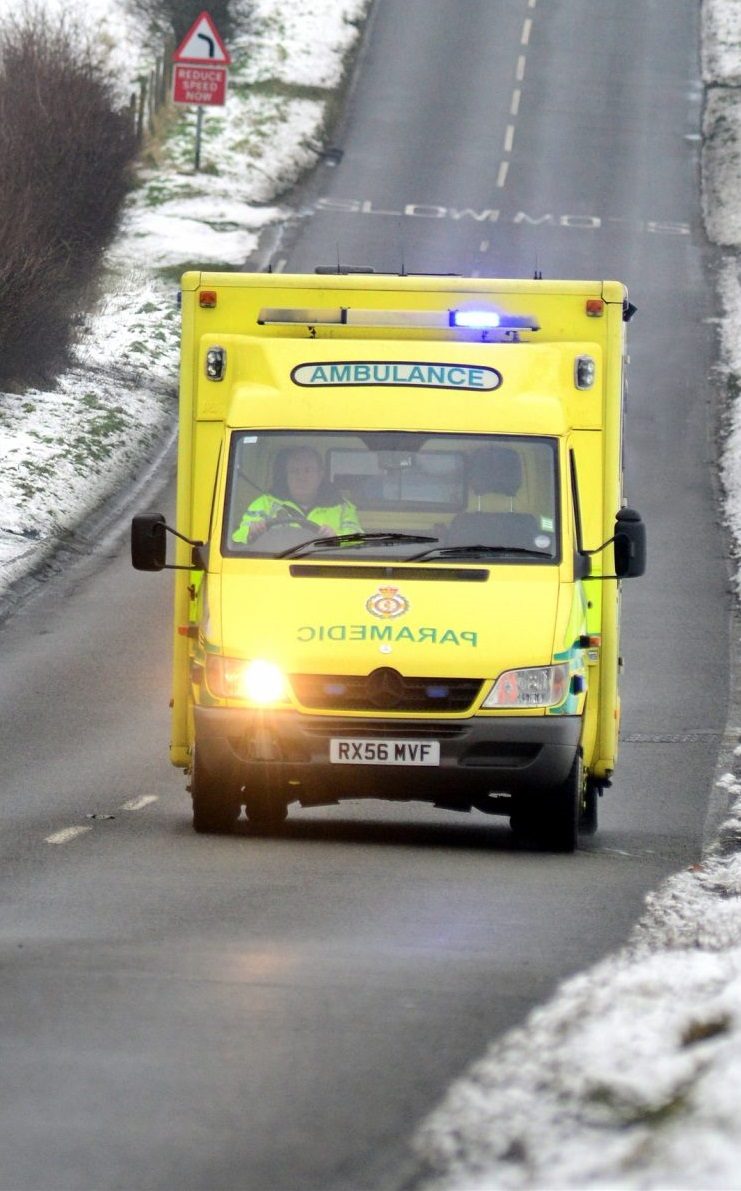Pre-winter tips from the Ambulance service

South East Cost Ambulance Service (SECAmb) is asking us all to take some simple steps to prepare for winter.
Winter is always busy, but with the additional pressures of COVID-19, the next few months could be especially challenging.
The service has created a checklist to assist people in preparing for the colder months – which should help the public, and the Ambulance service. These include:
- Check your home medicines cabinet – is everything in date? Restock with essentials including cold remedies, pain killers, indigestion tablets and diarrhea and constipation remedies
- Keep up to date with any repeat prescriptions you or your family or friends need
- If you or someone you look after is in an at-risk group – don’t forget to book a flu vaccination
- Looking out for any vulnerable family or friends – what else can you do to help them? Are there any hazards in their homes? Do their slippers need replacing? (The service attends falls to older and vulnerable people all year round)
- Wear appropriate shoes when outside especially during icy weather. There’s an increase in slips and trips during colder spells
- When was the last time your vehicle was serviced? If your car is safer, so are you
- Carry some useful items in your vehicles such as a blanket and a spade for colder and possible snowy weather
- Wear bright colours at night. Can you be clearly seen as a pedestrian or cyclist? If walking at dusk or at night use a torch
- Heat homes to at least 18C (65F). You might prefer your main living room to be slightly warmer
- Keep your bedroom at 18C all night if you can – and reduce drafts – if you’re under 65, healthy and active, you can safely have your home cooler than 18C, as long as you’re comfortable
- Keep active when you’re indoors. Try not to sit still for more than an hour or so
- Wear several layers of light clothes. They trap warm air better than one bulky layer
They remind us all to only call 999 in the event of a life-threatening or serious emergency, and to make use of alternatives, including calling NHS 111, or looking at the NHS 111 website.
